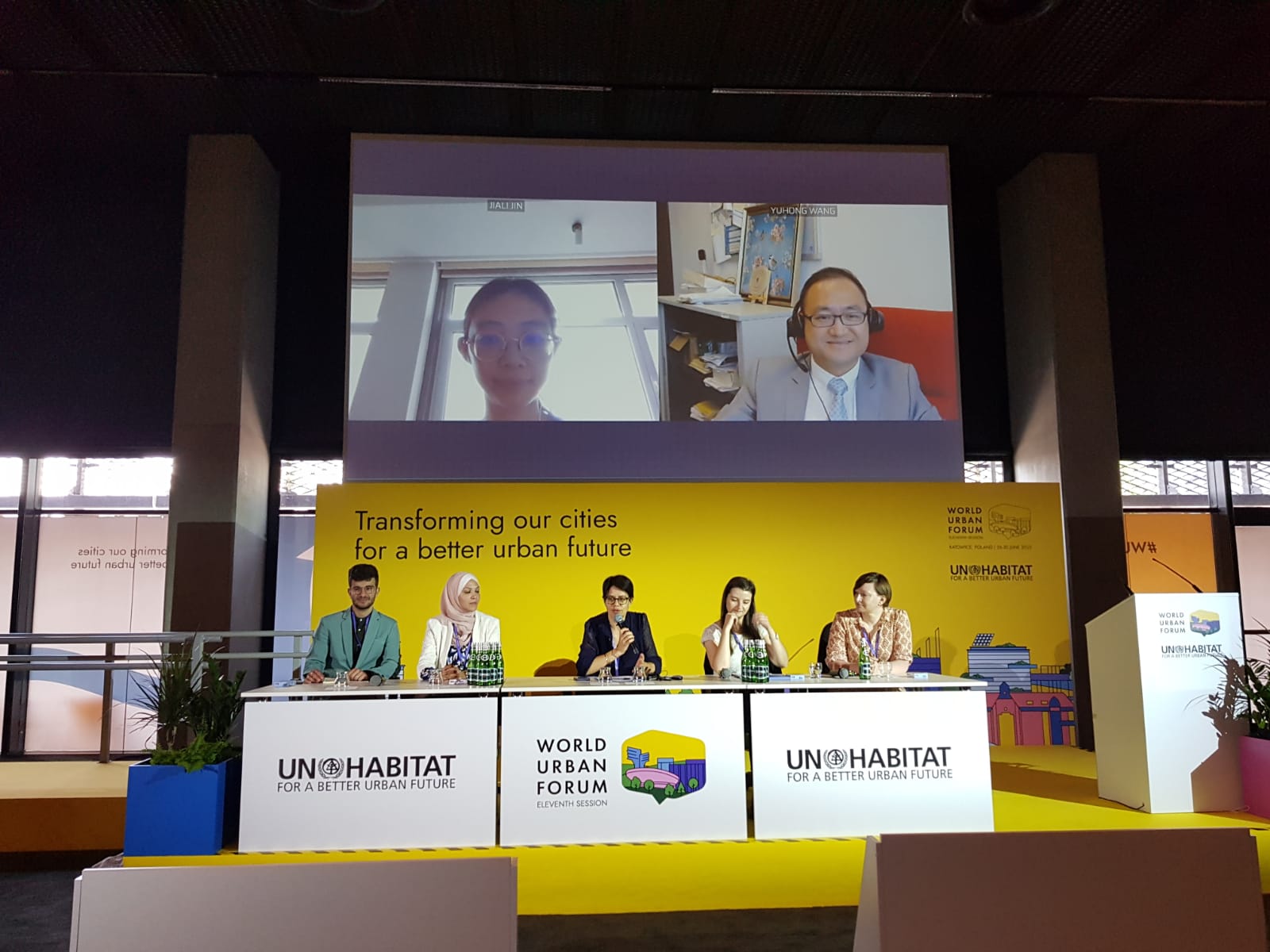Today, I had the opportunity to moderate the last session for the IUCN at the World Urban Forum. This event was organized by Urban Alliance of IUCN and the European Program Officer of Nature Based Solutions at the European Office of the IUCN. This exchange with prestigious panelist from Asia, Jordan, Poland, EU and iClei allowed us to highlight the role of nature-Based Solutions on the sustainable urban development.
As president of the French Committee of IUCN and as international councilor of IUCN, I was pleased to be the moderator of this session and to have the opportunity to shed light on how cities can harness and incorporate nature to achieve environmental, social, and economic benefits.
The current international agenda is considering the necessity to act holistically. The occurrence of several high-level events came to prove it: COP15 in Kunming in 2021 and 2022, and COP21 in Glasgow collected and presented actions and agenda mean to tackle issues nationally and internationally. The planning of future events continues to reaffirm it: Annual Conference Network Nature in Brussels this 27th September.
We know that big part of this fight to restore and preserve our environment will have to take place in cities. More than half of the world population lives in cities and this proportion is meant to reach 65% by 2050 according to the UN. Cities will therefore have to face new challenges. Demographic growth and sustainable development will have to be included to urban planning policies for these policies to address climate change and biodiversity loss.
This Forum, and in particular this event, allowed us to recognize that cities are catalysts of change. Cities have a real role to play as ambassadors of biodiversity, because they have important innovation resources and benefit from efficient governance, which means to perform rapid transformations at the local scale.

Comments are closed